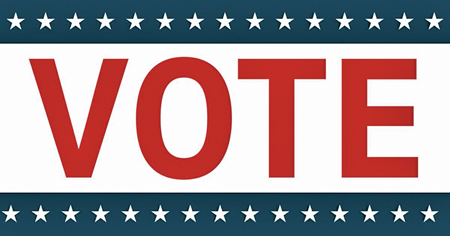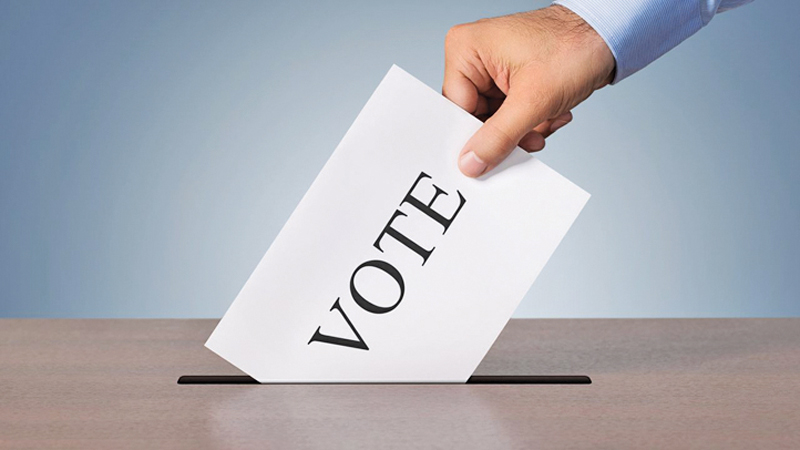 As the world grows increasingly complex, the importance of participating in democratic processes becomes ever more evident. In many countries, young people are given the opportunity to vote for the first time when they reach the age of 18. This moment marks not just a rite of passage, but a profound responsibility.
As the world grows increasingly complex, the importance of participating in democratic processes becomes ever more evident. In many countries, young people are given the opportunity to vote for the first time when they reach the age of 18. This moment marks not just a rite of passage, but a profound responsibility.
The upcoming election presents such an opportunity for many young citizens. However, with this right comes the need to vote intelligently—an obligation that should not be taken lightly.
The youth vote is often a critical factor in determining the outcome of elections. Historically, the turnout among young voters has been lower compared to other age groups. Yet, when mobilized, this demographic has the power to effect a significant change. Young voters bring fresh perspectives, new priorities, and a deep concern for the future, which can steer national and local policies in directions that resonate with the needs and aspirations of the younger generation.
 However, the power to influence is only as strong as the foundation upon which it is built. Voting is not just about showing up at the polls; it is about making informed decisions that align with one’s values and the broader interests of society. To vote intelligently means to vote with knowledge, discernment, and a clear understanding of the issues at stake.
However, the power to influence is only as strong as the foundation upon which it is built. Voting is not just about showing up at the polls; it is about making informed decisions that align with one’s values and the broader interests of society. To vote intelligently means to vote with knowledge, discernment, and a clear understanding of the issues at stake.
In a world saturated with information, discerning fact from fiction is more challenging than ever. For first-time voters, the sheer volume of political discourse—ranging from social media posts to news reports—can be overwhelming. This makes it all the more essential to approach voting with a well-informed mindset. An informed vote is one that is based on a thorough understanding of the candidates, their platforms, and the issues that are most pertinent to the community and country at large. It involves researching candidates’ track records, their policies on key issues such as education, healthcare, the environment, and economic stability, and understanding how these policies align with one’s values and the needs of society.
First-time voters should be encouraged to engage with a variety of sources to get a well-rounded view of the political landscape. This includes not just mainstream media, but also independent journalism, debates, interviews, and even discussions with peers. Critical thinking is paramount—young voters must ask themselves whether the information they are receiving is credible and whether it serves a particular agenda.
Voting is often an emotional experience. It is easy to be swayed by a charismatic candidate or a moving speech. However, intelligent voting requires looking beyond the surface and considering the long-term implications of one’s choice. Emotional voting can lead to decisions based on immediate gratification rather than what is best for the future. For young voters, this means being wary of political rhetoric that appeals to emotions but lacks substance. It is important to question whether a candidate’s promises are realistic and whether they have the ability to deliver on them. Voting should be a thoughtful act, one that considers not just personal preferences but also the greater good.
Civic education plays a crucial role in preparing young people to vote intelligently. Unfortunately, civic education is often overlooked in many educational systems. Schools and communities should prioritize teaching young people about the electoral process, the importance of voting, and how to critically evaluate political information. Parents, educators, and community leaders can also play a significant role by encouraging discussions about current events and the importance of civic engagement.
 Mentorship programs that connect first-time voters with more experienced voters can also be beneficial, providing guidance and helping young people navigate the complexities of the political system.
Mentorship programs that connect first-time voters with more experienced voters can also be beneficial, providing guidance and helping young people navigate the complexities of the political system.
As the next generation steps into the voting booth for the first time, they carry with them the weight of the future. Their votes will shape the direction of their country, influencing policies and decisions that will affect not just their lives but the lives of future generations. The responsibility to vote intelligently is not a burden, but a privilege. It is a chance for young people to make their voices heard and to contribute to the democratic process in a meaningful way.
By approaching their first vote with thoughtfulness, research, and a commitment to the greater good, young voters can help build a future that reflects the values of justice, equality, and progress. In the end, voting is not just a right; it is a responsibility. And for first-time voters, it is an opportunity to step into their role as active and informed citizens, shaping the future one vote at a time.









